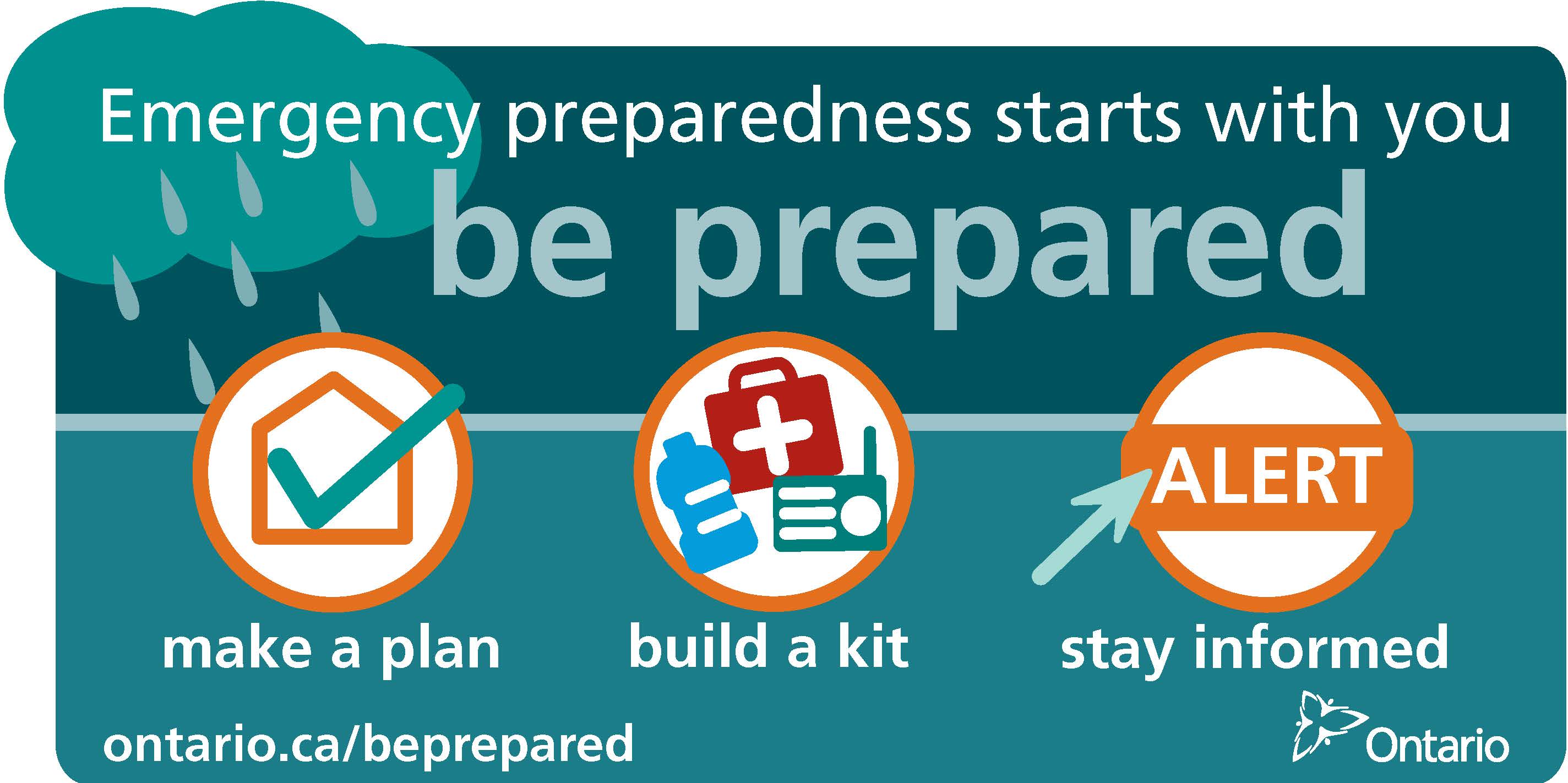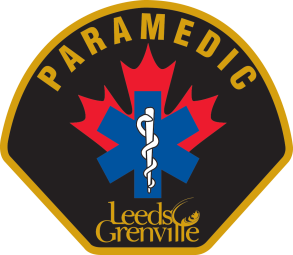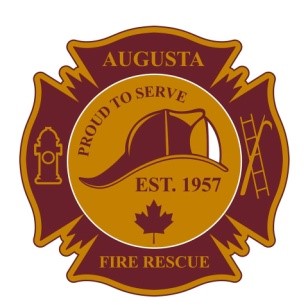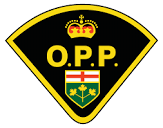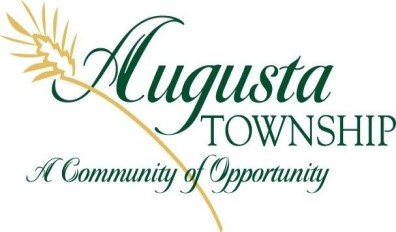Augusta Township is affected by emergency situations on an on-going basis. The majority of situations are non-complex in nature and are very effectively managed by emergency response services – Emergency Medical Services (EMS), Augusta Fire Rescue (FD), Ontario Provincial Police (OPP) and Public Works (PW).
However, on occasion, an emergency situation will escalate beyond the immediate response capability of those organizations resulting in the need for a larger scale coordinated response by multiple agencies including representation from both upper and lower tier municipalities, the province and potentially the federal government. 
Augusta Township’s Municipal Emergency Plan assigns responsibilities and outlines the actions of key municipal officials during a large scale event. Emergencies can be categorized by cause – natural, human-caused or technological – and have the potential to threaten our health, safety, environment, property, critical infrastructure and economic stability.
In order to effectively deal with escalated and usually complex situations, the Province of Ontario passed the Emergency Management and Civil Protection Act and Regulation 380/04. The legislation mandates municipalities to develop, implement and annually prove compliance with an Emergency Management Program. The program provides municipal staff with direction to prevent, mitigate, prepare for, respond to and recover from emergencies.
All municipalities are required to have an appointed Community Emergency Management Coordinator (CEMC) and an alternate. Inquiries, suggestions, concerns, information requests and/or guest speaker requests are always welcome. You can contact the Acting CEMC at (613) 925-4231 ext. 201 or via email at rbowman@augustafire.ca.
 An effective emergency management program calls on the residents of the municipality to be prepared to look after themselves and their families for up to 72 HOURS. Your PREPAREDNESS PLAN identifies you and your family’s needs, remembering that SENIORS may have additional needs. Do not forget about your PETS. Members of the FARMING community have to think about their livestock as well as their families.
An effective emergency management program calls on the residents of the municipality to be prepared to look after themselves and their families for up to 72 HOURS. Your PREPAREDNESS PLAN identifies you and your family’s needs, remembering that SENIORS may have additional needs. Do not forget about your PETS. Members of the FARMING community have to think about their livestock as well as their families.
Visit our Industrial Emergency Prevention, Preparedness and Response page for information on how our industrial sector is prepared to protect our community in case of an emergency.
What hazards should you be preparing for?
Augusta Township staff, in consultation with residents, businesses, industry, and outside agencies have compiled an extensive list of hazards that have or could impact the municipality. Our HIRA or Hazard Identification, Risk Assessment process has identified the following situations as having the greatest potential impact on our residents and/or municipal infrastructure:
- Severe weather (cold, heat, winds, rain or freezing rain, snow, etc.)
- Wide spread power failure
- Chemical spill (fixed site, road and rail transport, pipelines, etc.)
- Major road, rail or marine transportation accidents
- Agricultural emergencies (crops, livestock, etc.)
In the event of an emergency please have your civic address number ready and dial 9-1-1 for help. During an emergency, you can contact the municipal office (613-925-4231) to obtain information or you can dial 2-1-1 and indicate you are a resident of Augusta Township to get the latest updates on the emergency situation.
What to do in an emergency:
- Follow your emergency plan (prepare ahead of time and practice with your family).
- Get your emergency preparedness kit (you may want one for the home, your car and for your pets).
- Ensure your family is safe prior to assisting others.
- Listen for Alert Ready or other broadcasts related to the emergency. E-mail and text alerts are also available. See the links below.
- Shelter-in-place or evacuate if directed to do so.
- Follow-up on the emergency situation by contacting 211 for the latest updates.
Shelter-in-Place
Shelter-in-place is the practice of going or remaining indoors during a release of an airborne hazardous material, as opposed to evacuating the area. The airborne release may be the result of a transportation accident (road, rail, marine or pipeline), a fixed location release (a factory or plant) or a structural/wildfire situation.
- Remain calm.
- Go and stay inside with your family members and pets, close and lock all windows and exterior doors. If children are at school, the school board will take appropriate action.
- If you have older windows and doors, seal the edges with tape and place a wet towel at the floor space.
- Shut down any sources of external air (i.e. HVAC systems, furnace, window air conditioners, window fans, fireplace damper, etc.).
- Get your emergency preparedness kit.
- Go to a room with few or no windows.
- Listen to the local media for situational updates.
Evacuation
Municipal officials may alert residents of the need to evacuate due to a number of situations including severe weather, fires, a hazardous contaminant release, etc.
Your emergency plan should identify where you can go in the event of an evacuation.
- Remain calm.
- Listen to the radio or call 211 for updated advice and instructions.
- Leave immediately if told to do so and take your emergency kit(s) with you.
- Contact or leave a note for family members to tell them you’ve left and where you have gone.
- Wear and take weather appropriate clothing.
- Make arrangements for pets (crate, food, water, leashes, etc.).
- If you have time, unplug all electrical equipment, lock all windows and doors.
- If instructed to do so, shut off water, gas and electricity.
- Keep your vehicle(s) fully fueled up, do not speed and obey all road safety rules.
- Report to the nearest Emergency Reception Centre to register with the Red Cross even if you are going to be staying with relatives.
The following links are provided to assist you in developing an emergency preparedness plan for you, your family, and your business and to enable you to increase your knowledge about emergencies:
Emergency Preparedness
Your Emergency Preparedness Guide – an excellent step-by-step guide to prepare your family.
Your Emergency Preparedness Guide for People with Disabilities/Special Needs – same exceptional guide but with added information for your family with special needs.
Get Prepared – Government of Canada website dedication to emergency preparedness.
Preparing a Family Emergency Kit – video.
Making a Family Emergency PLAN – video.
Build a Kit – another site with an emergency preparedness kit checklist and reminders.
Hydro One – power outage safety information including a link to notify them of medical condition requiring electricity.
Leeds, Grenville & Lanark District Health Unit – information on emergency safety, responding to stressful events and more preparedness tips.
Ontario SPCA – a guide for your pet emergency kit.
Barn Fire Prevention – tips and videos.
Emergency Off-Farm Housing for Cattle – tips and reminders.
Emergency Management Ontario – includes a link to check if your phone is compatible to receive emergency alerts and how to subscribe if it isn’t.
Red Cross – first Aid training courses, tips and resources.
During an Emergency
Alert Ready – to sign up for critical and potentially lifesaving emergency alert messages.
Ontario 211 – website with information on the emergency update calling system in place in Ontario.
Environment Canada – weather updates.
Sandbag Suppliers (LOCAL) – a list.
Sandbag Procedures – how to build an effective barrier.
Forest Fires – information about the current forest fire danger, forest fire activity and fire restrictions across the province.
Flood Forecasting and Warning Program – information about the program which prepares provincial and local authorities in the event of a flood.
Low Water Response – explains how the Ministry of Natural Resources and Forestry manages water use during a drought.
Rideau Valley Conservation Authority – monitors the watershed levels.
South Nation Conservation Authority – monitors the watershed levels.
After an Emergency
Disaster Recovery Assistance – the Ontario Ministry of Municipal Affairs and Housing information page.
Government of Canada Disaster Financial Assistance Arrangements – in the event of a large-scale natural disaster.
Other Related Government Links
United Counties of Leeds & Grenville Emergency Planning
Government of Canada Seasonal Weather Hazards
Government of Canada Earthquakes
Government of Canada Canadian Wildland Fire Information System
Emergency Management and Civil Protection Act
